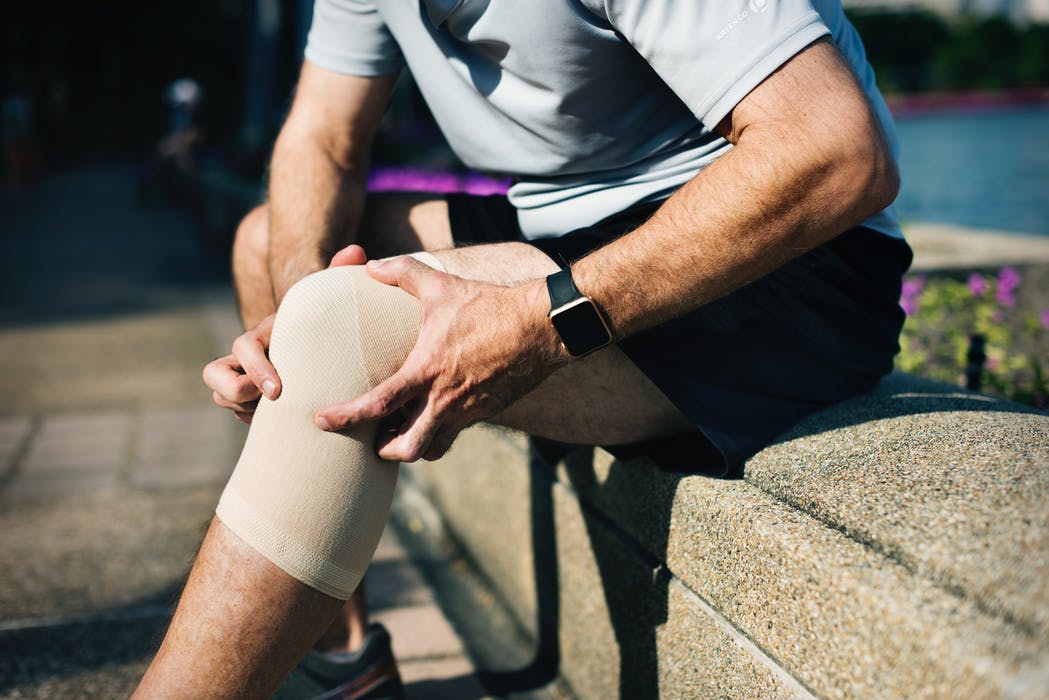nalco group
bone, muscle & joint pain physio
BOOK NOW / WHATSAPP ABOUT YOUR PAIN OR INJURY
- NOVENA 10 Sinaran Drive, Novena Medical Center #10-09, Singapore 307506
- TAMPINES 9 Tampines Grande #01-20 Singapore 528735
- SERANGOON 265 Serangoon Central Drive #04-269 Singapore 550265
Home > Sports Physiotherapy > Blog > RICER - What To Do During The First 72 Hours Of A Sports Injury
RICER - What To Do During The First 72 Hours Of A Sports Injury

You often hear about applying R.I.C.E.R. to your/friend's sports related injuries. R.I.C.E.R is an acronym that shows you what to do during the first 72 hours of a sports injury:
- R = REST the injured area and body part for at least 48-72 hours.
Movement of the injured part will increase blood flow and may introduce (re)bleeding to the injury site; may cause the blood clot to dislodge, and begin bleeding again and may cause more tissue damage
(this may lead to additional scarring, swelling, stiffness and pain, so best for mobilization/movement to be done under the supervision of a senior physiotherapist). - I = ICE or cold therapy to injured area for 15-20 minutes every two to three hours (only if there is no open wounds; if there is open wound, ensure there is a layer of clean plastic sheet first).
Avoid direct ice contact to the skin to prevent ice/cold burns. Ice/cold helps to decrease swelling and pain. - C = COMPRESSION.
Apply firm, elastic and yet non-adhesive bandage to the area (means no to sports/Kinesio/Rock/Rigid tape for now).
May be done in conjunction as an ice compress. This helps to protect the injury, the structure of the injury, reduce swelling and bleeding at the injury area. Please ensure that you're comfortable when you do this and that it doesn't constrict blood flow. - E = Elevation the injured area above the heart level where possible/applicable.
For example for an knee injury, when you are lying down to rest or sleep, try to raise your ankle slightly above the body with a supporting pillow (you can also use the bed wedge for this).
Elevation helps to decrease bleeding, swelling and pain. Please ensure that you're comfortable when you do this and that it doesn't constrict blood flow. - R = REFERRAL. See a doctor, sports doctor and/or sports physiotherapist for management of your sports injury.
You may need and benefit from a course of anti-inflammatory medicine to bring down your swelling as well as sports physiotherapy to accelerate recovery, movement and return to performance and sports.
